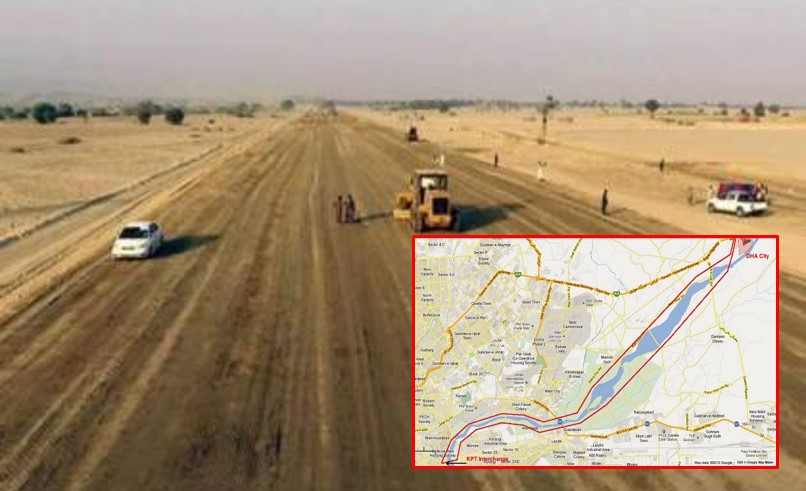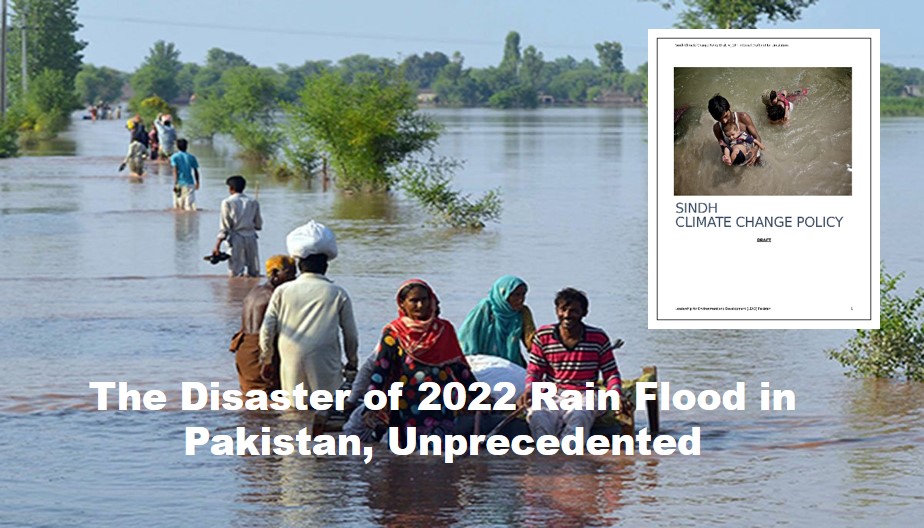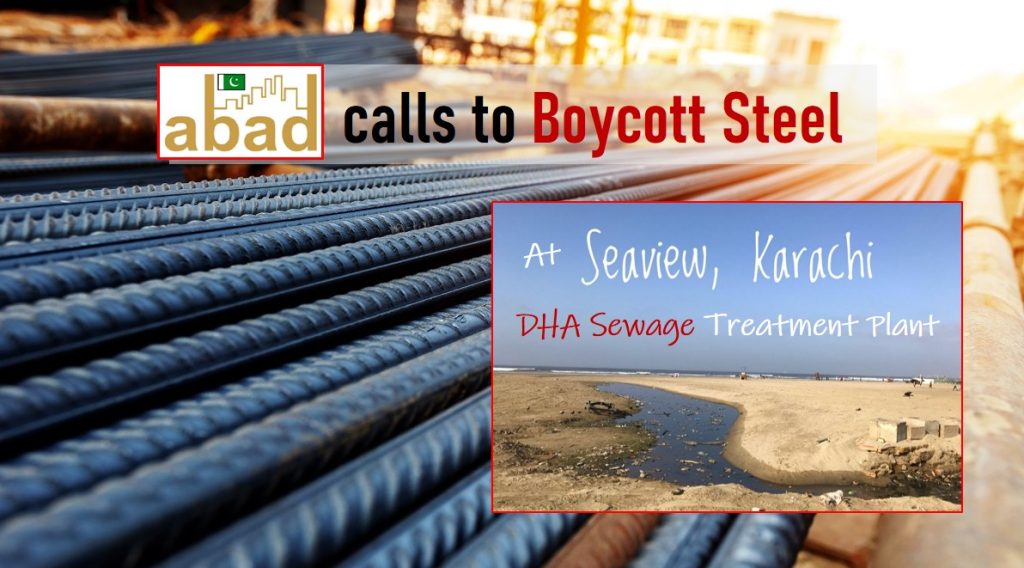28 February 2023
ABAD vs. Steel Makers in the Deepening Construction Industry Crisis
Despite continuation of Builders community’ boycott to purchase steel and blaming cartelization on behalf of Steel Re-rolling manufacturers, the construction industry is in a crisis, which is unprecedented and unbearable for economy Steel makers raised steel bar prices by 30% from July 1, 2022 to Jan 31, as a result of a 35% rupee devaluation which had increased the landed cost of imported items thus offsetting the benefit of the falling trend on world markets. According to Pakistan Association of Large Steel Producers Secretary General scrap imports in January were the lowest in the last five years, becasue manufacturers are unable to secure raw materials entering into a force majeure shutdown in the coming months. The situation is only going to get worse if the State Bank does not act quickly to facilitate LC opening.
Meanwhile Association of Builders and Developers of Pakistan (ABAD), while expressing deep concern over hike in steel bars’ prices, has announced to continue protest against cartelization of steel manufacturers and stopped purchasing steel at arbitrary prices. Senior Vice Chairman of Abad Khawar Munir, in an appeal to the members urged them to continue to suspend the purchase of steel until the manufacturers bring the prices back to normal. He states “with the announcement of the mini budget, the steel manufacturers increased the price of steel to 3.5 lakh rupees per ton while the price of a sack of cement also exceeded 1000 rupees.” He added that the construction industry is already suffering due to cost overruns, but now the the construction industry will drown because the manufacturers have hiked the prices of steel enormously through cartelization which has led to the cost of construction projects increased manifold.
Depleting Biodiversity of Karachi
Ill-planned development projects, especially construction of housing societies are the reasons of Karachi’ environmental degradation, causing loss of green cover and habitats of wildlife species. The concerns were raised in a seminar titled Biodiversity; Conservation, Issues and Challenges, organised by Botany Department of the University of Karachi this week. Speakers regretted massive deforestation carried out in the name of urbanisation and industrialisation. Without naming any real estate developer, experts raised reservation over mega schemes like Bahria Town Karachi, DHA City, Malir Expressway or others within the city that led to destruction of trees and biodiversity on a larger scale. They also regretted the muted role of the Sindh Environmental Protection Agency, whih is unfortunate and well documented.

Speaking on the occasion, Prof Rubina Abid, the chairperson of the department, regretted massive deforestation carried out in the name of urbanisation and industrialisation. “We are even cutting hills and mountains in Karachi`s suburbs to make way for housing societies, which is resulting in habitat loss of various wildlife species,” she said, adding that human factors were behind environmental degradation and subsequent loss of biodiversity. The loss of biodiversity, she pointed out, would enhance the effects of climate change and increase the risk for natural disasters. Eliminating a single plant from a habitat leads to elimination of several wildlife species that are associated with that particular plant. Hence, to conserve biodiversity, it is important to conserve plants, she also added. Other speakers underscored the need for a close collaboration among all stakeholders for the cause of nature conservation and termed deforestation, soil erosion, salinity and waterlogging as major threats to the country`s biodiversity.
PSX Separates Real Estate & Trade Facilitation Businesses
The Pakistan Stock Exchange (PSX) has embarked upon on separating its core business of facilitating trade activities and real-estate assets under its management, to better manage the two businesses and improve earnings from both of them. In a notification issued this week, the PSX said that its board of directors has authorised it to enter into an arrangement with PSX Financial Centre – a wholly owned subsidiary of PSX – to demerge into two separate segments i.e. Demerged Undertaking (real-estate assets) and Continuing Undertaking (exchange operations). The PSX Financial will manage the real-estate assets, while PSX will retain the exchange operation segment, according to the notification. Later, PSX Financials’ shares will be allotted to PSX and its profit and loss will reflect into PSX profit and loss accounts.

According to a PSX official the real-estate assets are partially lying underutilised. The subsidiary will help develop the real-estate business, rent it out and increase earnings, going forward. At the same time, the separation of core exchange operations will enable the existing management to pay more attention toward trade activities, increase the number of investors, improve turnaround, and increase the number of investors at PSX. The draft has been approved by the PSX board, subject to finalisation by authorised representatives of PSX, obtaining the approval of the Securities and Exchange Commission of Pakistan (SECP), the approval of the requisite majority of the respective members of the company, and sanctioned by the Scheme of Arrangement of the High Court of Sindh in Karachi, along with the fulfilment of related legal formalities.
“Sindh Rehabilitation and Resettlement Policy 2022”
Members of civil society and development activists called upon the Sindh government to protect the interests of the common people in the uplift projects being initiated in various parts of the province in a consultation meeting. The session was held by the National Commission for Human Rights (NCHR), the Urban Resource Centre and The Knowledge Forum (TKF) to discuss the “Sindh Rehabilitation and Resettlement Policy 2022” at the NCHR office this week. Members opine that the Sindh Rehabilitation and Resettlement Policy 2022 will not solve the overall problems of the local people because before the finalisation of any policy, a detailed discussion needed to be held at district levels.

Members were agreed in the event that the biggest problem in all government policies is the non-availability of institutional arrangements, therefore civil society has to struggle for institutional arrangements. Noted architect and urban planner Arif Hasan remarks “In my view, the “Sindh Rehabilitation and Resettlement Policy 2022” is made only for World Bank projects”. While Muhammad Toheed of Karachi Urban Lab revealed that in December the Sind hgovernment invited some civil society organisations on very short notice. “But we realised that the government was not taking civil society into confidence,” he told. Another member pointed out thousands of families were displaced due to the Karachi Circular Railway and other development projects in the city. Now, over three years have passed after the Supreme Court decided to provide alternative places to live to the affected families.
(Courtesy to DAWN for Title Image)



